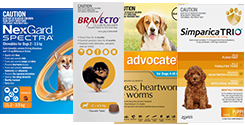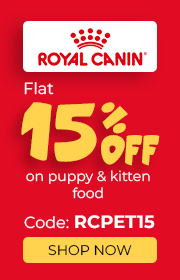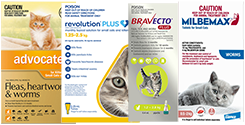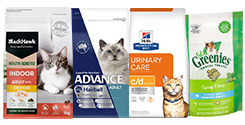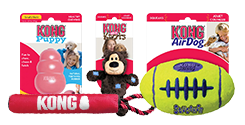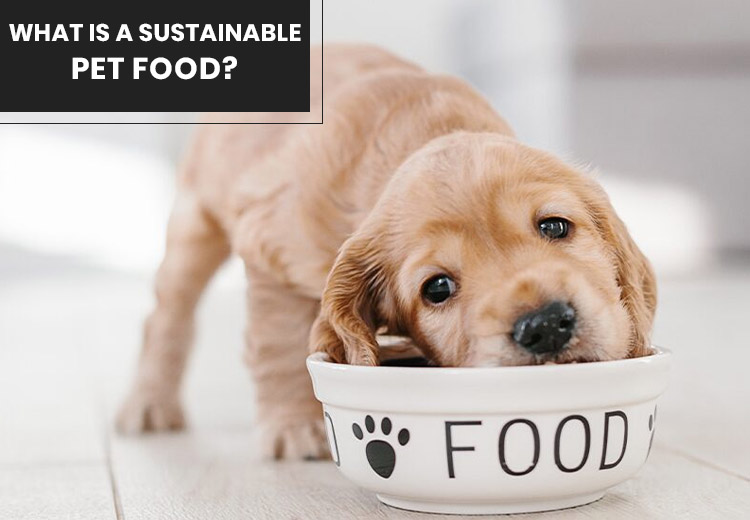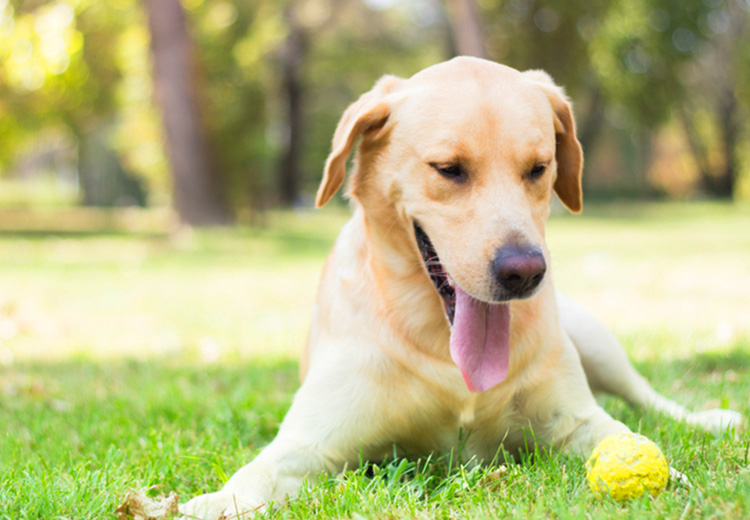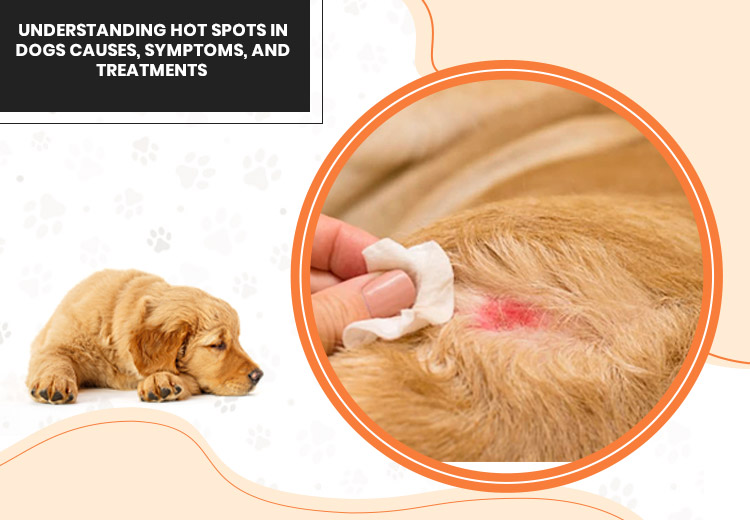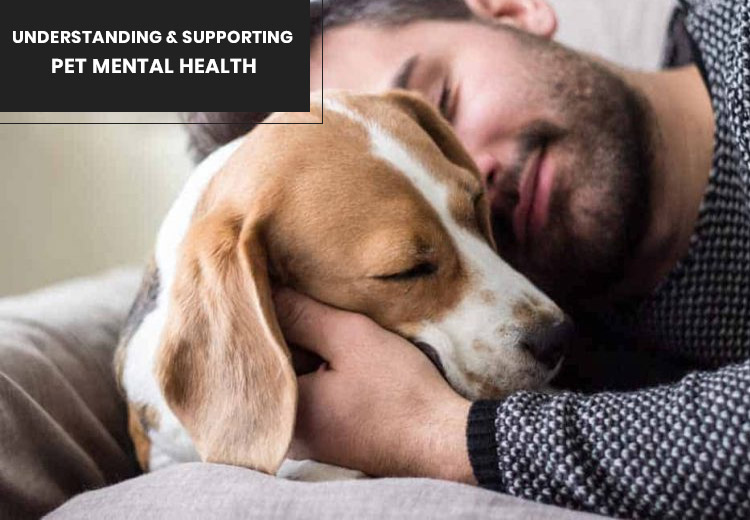Pet owners love to feed their furry friends with food of their preferences and most of the purchases are driven by their own beliefs. Marketing of such products thus influences pet parents’ decisions, enticing them to buy what the company wants to sell.
Nowadays, pet owners pretty much provide the same food to their pets which they themselves eat. Superfoods, vegan diets, human-grade meats are flooding the markets due to the consciousness of owners towards their pet’s health. However, the necessity of such food is yet not proved to be significant for pet consumption. Other than that, these fad diets that are supposedly termed as ‘healthy’ for pets may actually not be imparting the appropriate nutrients to our pets. Apart from that, they are far from being sustainable.
Pets’ food contributes 4% to the total ecological footprint and thus has a significant impact on the overall ecological system of the environment. Therefore, it is important to make the correct nutritional choices for better sustainability. Pet owners must understand that the nutritional requirements of the pets differ from humans. What we eat must not always be given to our pets. Their nutritional needs differ from ours. Therefore, as a responsible pet owner, it is mandatory to provide the correct food and thus balance the environmental impacts. How can you do that? Read On.
- Meat-based diets are high in protein. They are mainly sourced from animal-based This causes more ecological footprints because of the abundant use of natural resources and elements in their production. It is therefore important to switch the diet of your pet to a mix of animal and a plant-based diets.
- When animals are slaughtered for human food, most of their parts remain unused, like – some organs. These are normally thrown by the butchers that can be easily used as a high-protein diet for pets’ consumption. Additionally, these by-products also reduce the carbon footprint besides providing the much-needed protein in the pet’s diet.
- Plant-based diets can also be provided to the pets as there is no significant proof that giving a grain-free diet to animals will have better health benefits. FYI, Dogs do have the ability to absorb nutrients from a diet that has plant-based
- Do not switch to a completely vegan diet as they may not fulfill the nutritional requirements of the pet. Animal products must be included in their diet. More so because dogs can sustain on plant nutrients to some extent however cats cannot survive on a plant-based diet Their meal must have animal-sourced proteins. Hence, nutrients that come from animals are a must for carnivores like cats. You can provide them tender chicken or salmon-containing foods to suffice the nutritional dearth.
- Make efforts from your end to use the pet food optimally. It should not be wasted nor should it be insufficient in quantity or quality for pet consumption. Balancing is thus the best way to reduce the impact of pet food on the environment. This will also help in minimizing the obesity caused by overfeeding.
Feeding a pet with the best food is certainly our duty; however, we are also responsible for maintaining the ecological balance of our environment. A food that is a mix of plant and animal-based products can be used persistently, and is equally nutrient-rich is thus the most sustainable pet food.



































